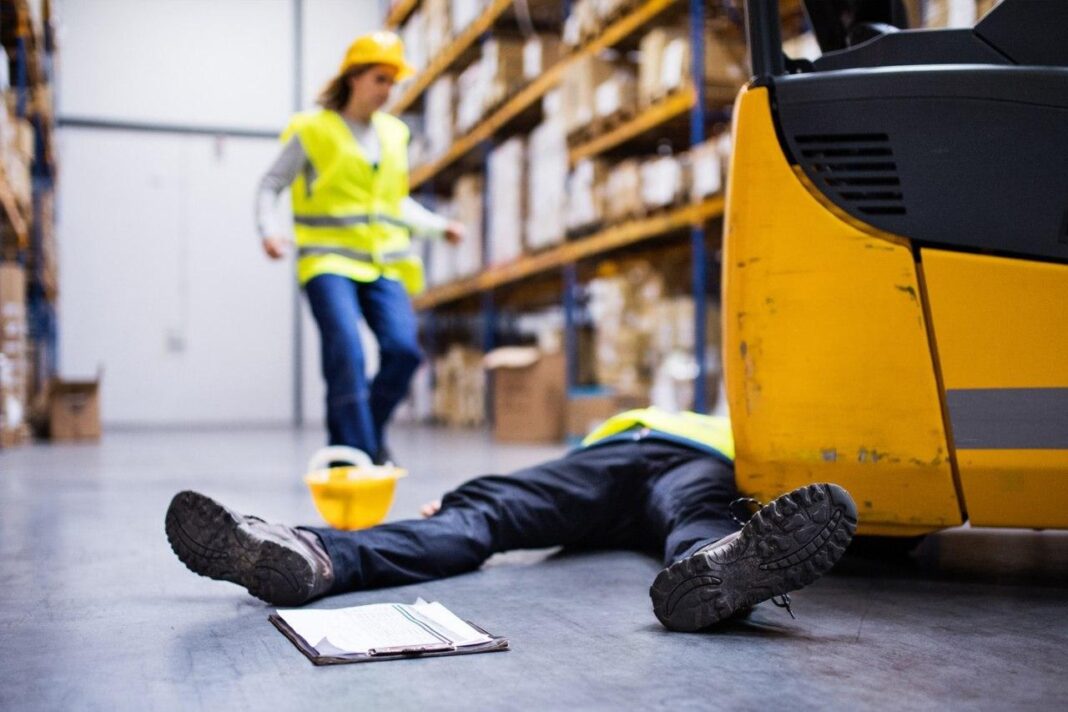Those who come onto the property must not suffer an injury or harm due to the negligence or carelessness of the owners. The responsibility of maintenance and security in the terminology of law is known as the premises liability.
Under the law of premises liability, the property owners and residents are held accountable for any mishaps or accidents that occur because of their property or on their property. These accidents could include a slip and fall because of an oil slick on someone’s driveway, falling on a public sidewalk, or getting injured in an amusement park ride and attaining serious injury or harm. The person injured can sue the property owner and may have a valid claim in the argument even if they acted in an unsafe way because the property owner will not be able to prove it unless they have surveillance cameras.
Furthermore, in this article, we will describe how premises liability is determined, especially depending on the condition of the property as well as the legal status of the visitor which includes actions taken by the owner and the visitor.
The Legal Status of Visitor
In different states, the legal status of the visitor is referred to as different labels. It is, however, linked with the property and is considered as if the visitor was an invitee, trespasser, social guest, or a licensee.
These labels determine whether the premises liability will be applied to an individual if injured or not.
The invitee is an individual who has been invited at the property of someone else, they could be either a customer or a worker. This implies that the owner of the property must foresee reasonable steps to ensure the safety and security of other people at the premises.
A licensee is an individual who enters the property and is allowed especially by it’s the owner. The license indicates special permission to the individual. The person could be anyone such as a guest, visitor, or someone welcomed at an event on the premises.
At last, a trespasser is someone who enters the property of someone else without any right whatsoever. In that case of the trespasser and licensees, there is no validity that the security has been implied and reasonable care will be provided.
Condition of Property
In various states, many authorities consider the condition of the property as well as the activities conducted on them by the owner and visitor to get a clear picture of the scenario and accident. It is because they apply a uniform standard of care for all invitees and licensees to proffer them accurate security and safety. If they find out any faults in the property, they charge the owner for this misconduct for the inappropriate condition of the property.
Learn more about premises liability laws on https://jslpc.com/.
